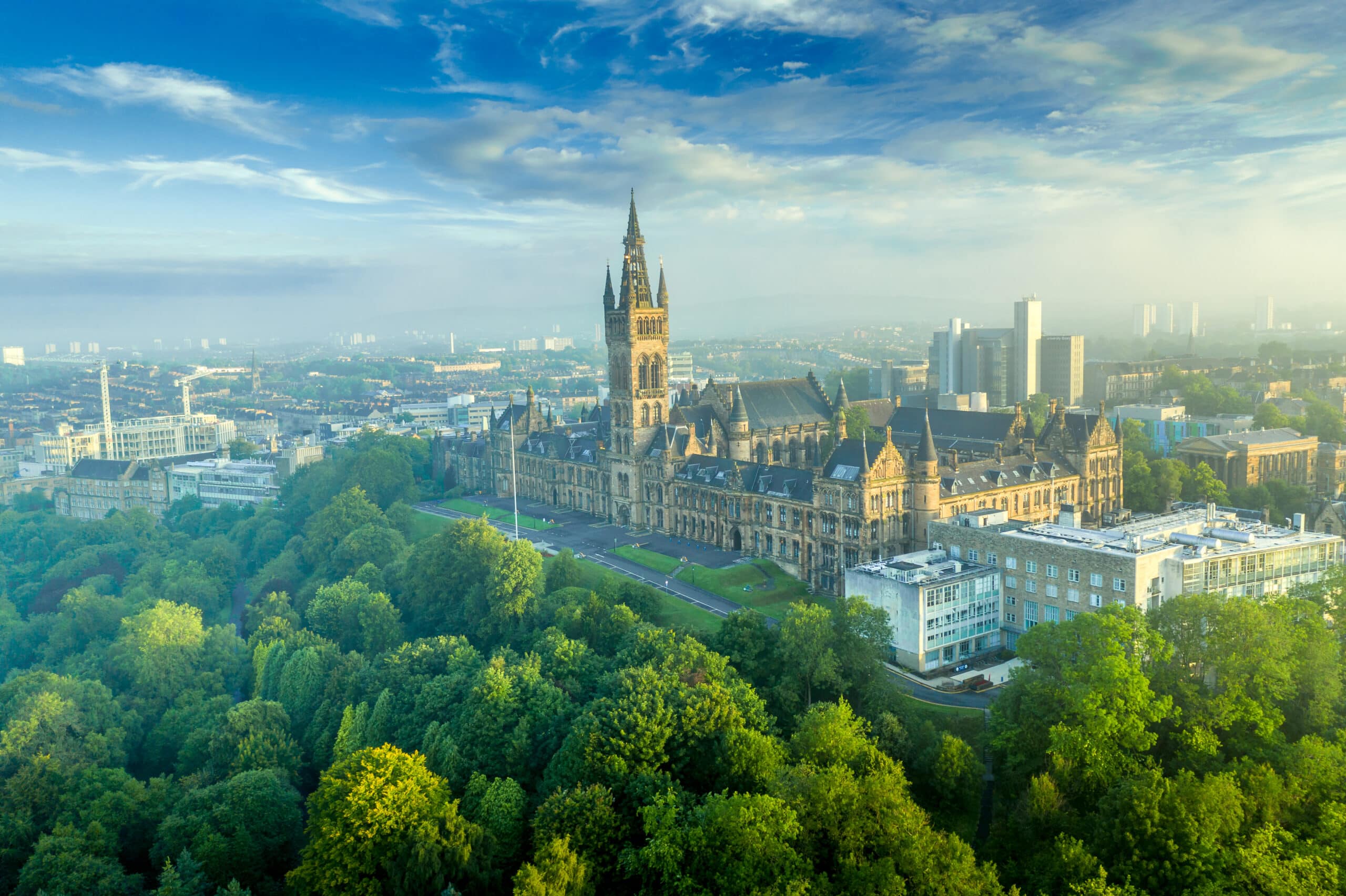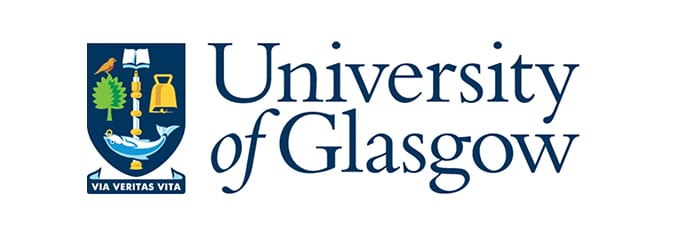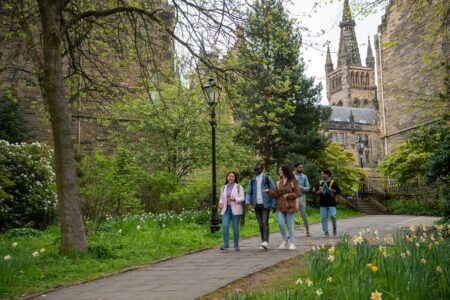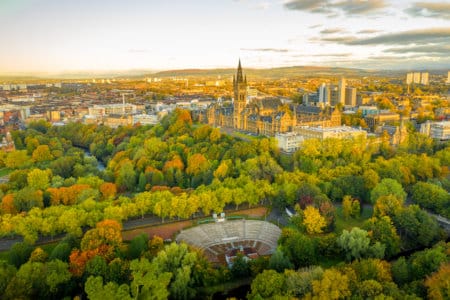At the University of Glasgow, students recognise the value of creating a sustainable future. For Alya Dayna Salma, she has every reason to join the fight in tackling what the UN describes as the “defining task of the 21st century”: making peace with nature. Specifically, climate change.
“What inspires me the most to study this subject is my growing fondness of ecology and the environment,” says Salma, who is studying the Sustainable Water Environments MSc. “I want to study them more as Indonesia is facing increasing problems from climate change and the environment.”
Her hometown, Jakarta, is predicted to be flooded by 2050. Salma knows the urgency of tackling this problem quickly — and that led her to the School of Geographical & Earth Sciences, one of six schools under the University of Glasgow’s College of Science & Engineering.
Here, dynamic research seeks to answer nature’s biggest problems. Think about projects that uncover fundamental interactions with Earth’s atmosphere, space-politics relations, or how the environment and communities become stressed.
These research projects are helmed by faculty members who are experts in their field. Dr. Rhian Thomas, for example, is a Senior Lecturer in Physical Geography and Freshwater Science. Her research focuses on improving and adding new knowledge of the habitat, ecology and behaviour of the Freshwater Pearl Mussel (Margaritifera margaritifera), a critically endangered bivalve.

Students in the Sustainable Water Environments MSc can collaborate with industry or academic researchers in the School’s Earth Systems Research Group or the Scottish Universities Environmental Research Centre (SUERC). Source: University of Glasgow
Likewise, the courses are equally dynamic – something which surprised Indira Ardiyatna. “I thought my course would be 100% scientific because that’s my background,” she recalls. “But when I got here, I found out that it’s 50% scientific and 50% focused on philosophy, ethics and the humanities.”
Rachel Crabbe, who pursued a Sustainable Water Environments MSc, agrees. “It’s a very technical course, so a lot of it is lab work using new software,” she explains. “You’re not just sitting there and writing essays. You’re getting a lot of practical experience and fieldwork as well.”
Meaningful career outcomes
Each programme is designed to ensure that students are well-equipped for their future careers. In the Earth Futures: Environments, Communities, Relationships MSc and Environmental Futures: Sustainable System MSc, a compulsory work placement exposes students to scenarios where they will learn to understand and communicate complex information, deal with change, manage projects, and work with vulnerable communities.
Those studying the Sustainable Water Environments MSc will attend a field class integrated into the Monitoring Water Environments module – an aspect of the course that Crabbe enjoyed.
“You learn about different equipment for monitoring. In rivers, you could monitor flow, water quality parameters,” she shares. “We looked at lakes and glaciers as well. Then, you get to go out for fieldwork for a day, working with different equipment.”
During her work placement, Ardiyatna worked with Ethical Consumer Magazine, a publication that provides detailed shopping guides, news of ethical products and campaigns, in-depth features, and more. She adds: “I’m currently doing an internship at a company where they are doing improvements in packaging in order to make them reusable not only recyclable, in order to make the circular economy work.”
Today, the Earth Futures: Environments, Communities, Relationships MSc graduate is still with the company, working as a Project Manager.
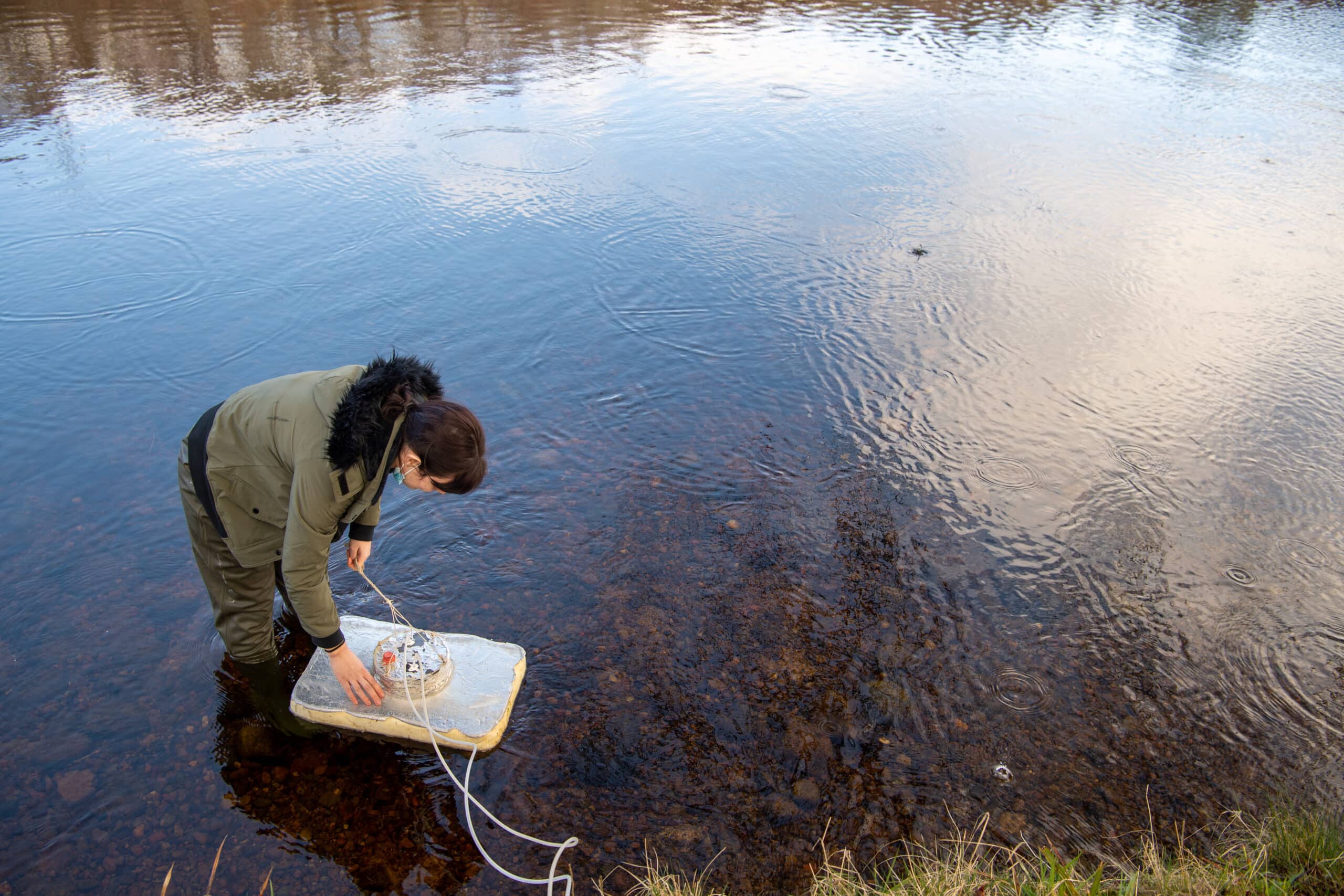
Source: University of Glasgow
Crabbe’s practical learning experience gave her the skills for flood modelling – highly valuable to her role as a water management consultant. “We do flood modelling, a lot of flood studies,” she shares. “We do some river restoration work as well. As I took a course in ecology and restoration, it definitely gave me the right background, knowledge, and skills for going into that.”
Little wonder why the University of Glasgow has achieved impressive rankings in global assessments that measure its efforts towards achieving the United Nations’ Sustainable Development Goals. It is among the top 20 universities globally in the QS World Sustainability Rankings 2023. It ranked among the world’s top 100 unis in the Times Higher Education World University Rankings 2023 and QS World University Rankings 2023.
So, are you ready to begin creating a sustainable future? Find out more about the postgraduate taught programmes at the University of Glasgow’s School of Geographical & Earth Sciences.
Follow Geographical and Earth Sciences at the University of Glasgow on Instagram, Twitter and YouTube

